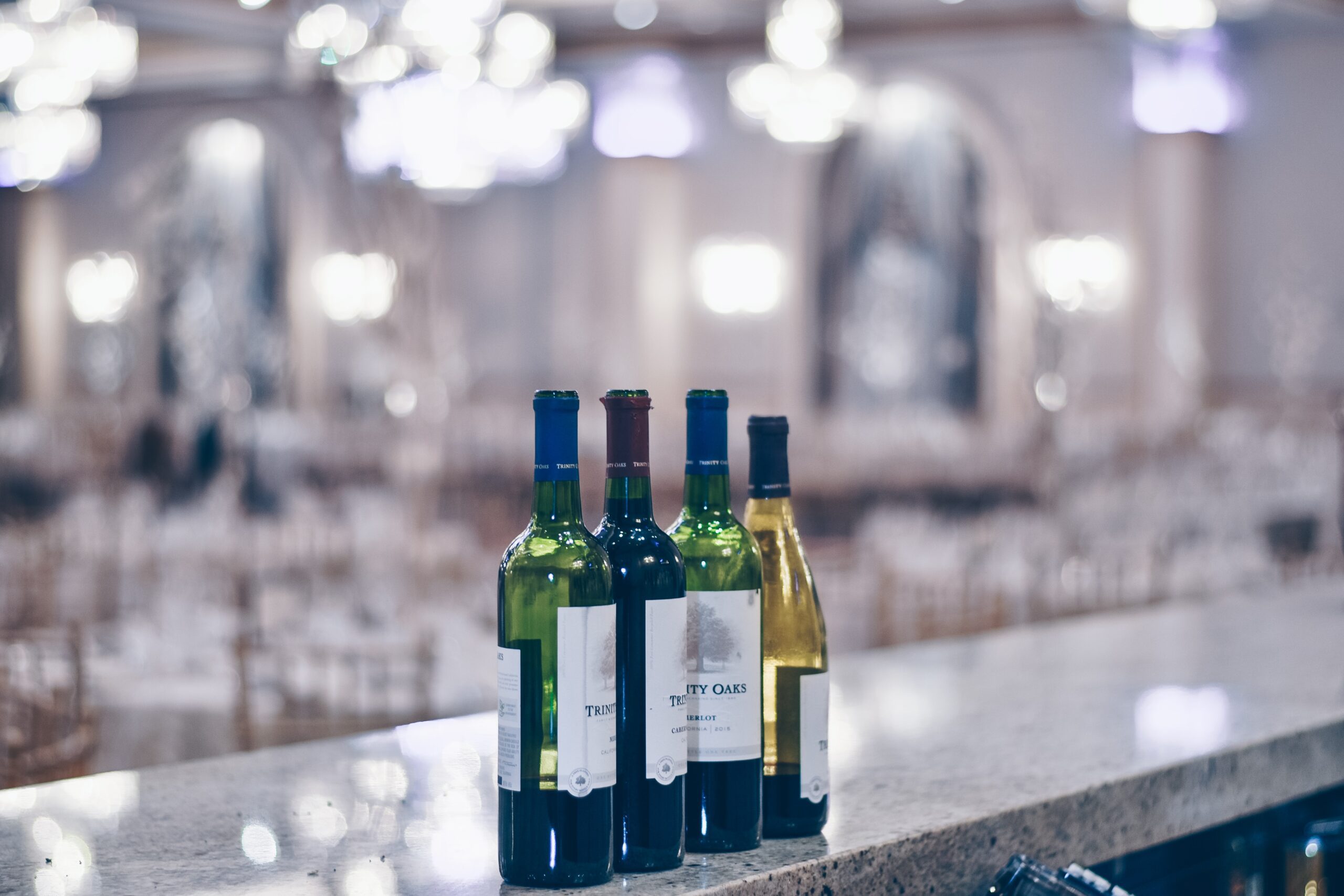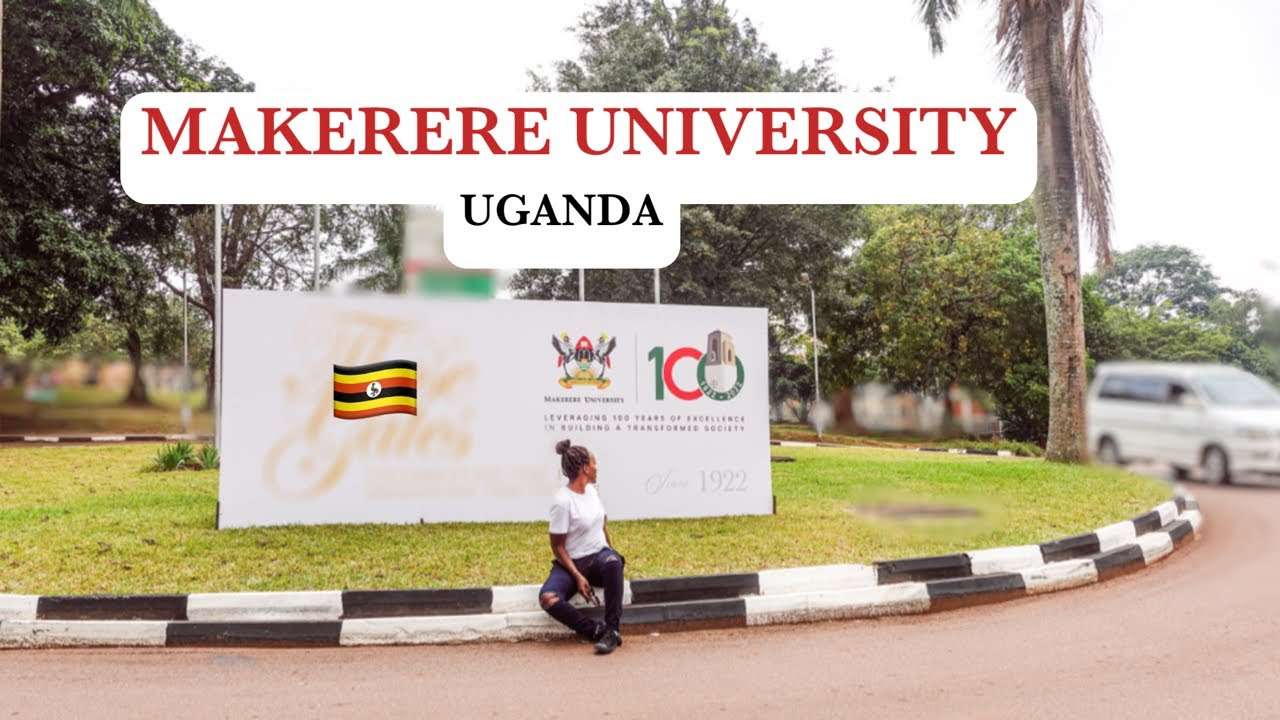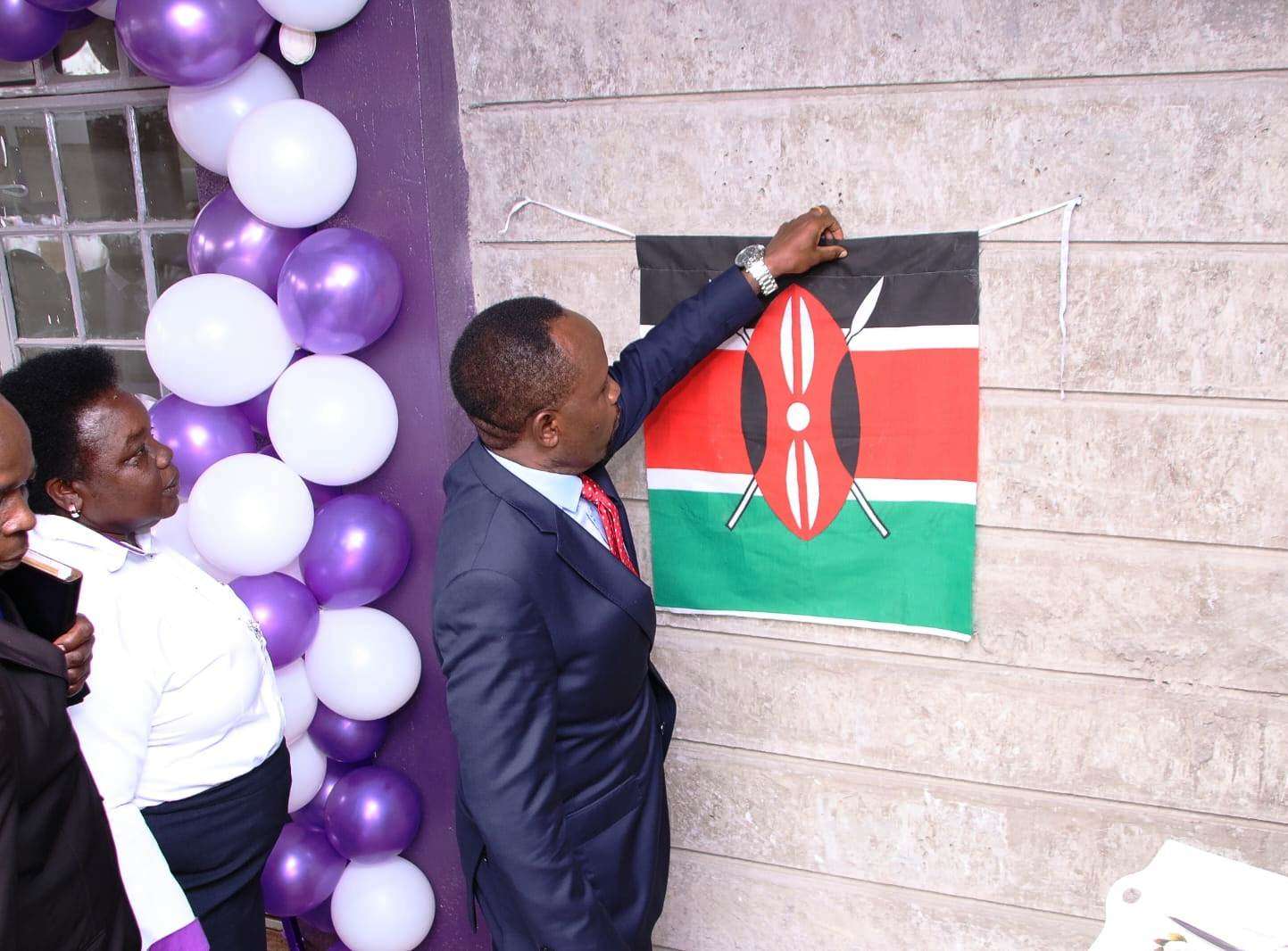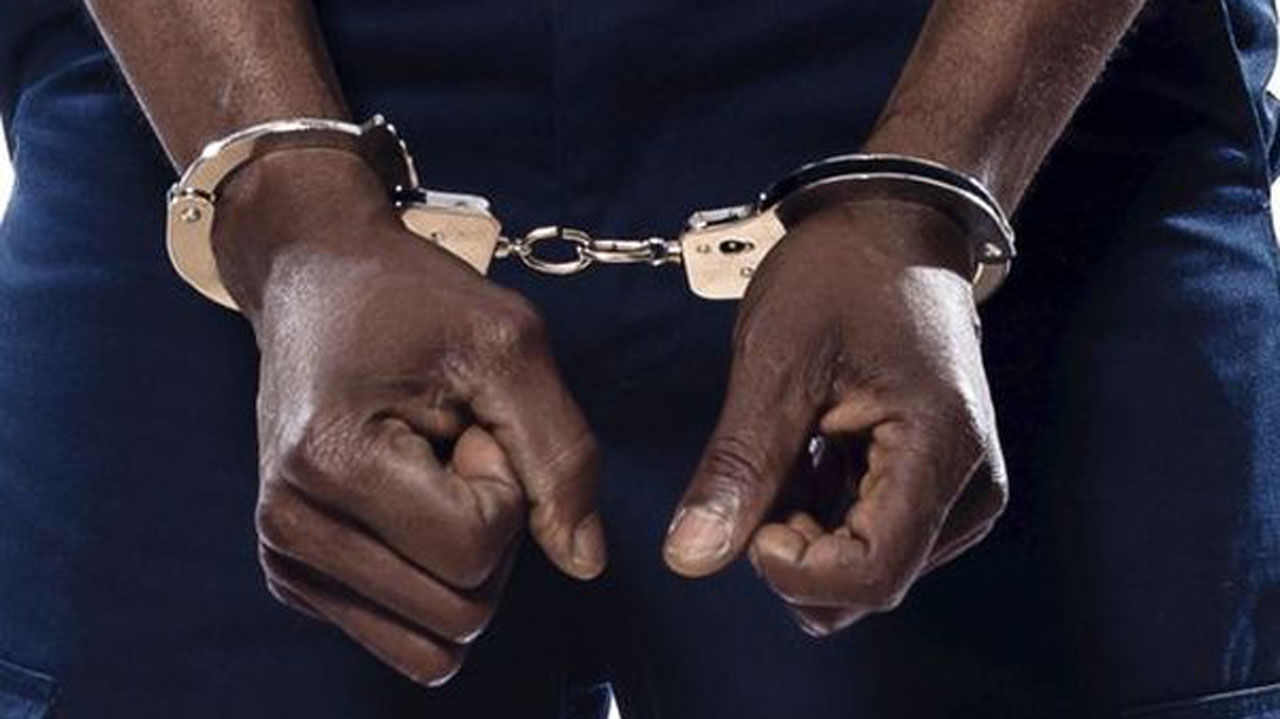By TWV Team
Kenya faces a sharp rise in counterfeit goods consumption, one of the world’s fastest-growing illicit industries. A recent Anti-Counterfeit Authority (ACA) report reveals that counterfeit goods account for 20% of all goods in Kenya, causing annual losses of Sh800 billion, roughly 9% of the country’s illicit trade market.
This trend has raised alarms across multiple sectors, particularly manufacturing, where automotive spare parts are heavily impacted. About 39% of automotive sector products are counterfeit, with energy, electronics, and alcoholic beverages also facing significant illicit imports.
“The situation is dire,” says Robi Njoroge, Executive Director of the Anti-Counterfeit Authority (ACA). “Counterfeit goods are not just an economic issue; they are poor quality and hazardous to consumers. This crisis affects the entire nation.”
The ACA report, surveying consumers and businesses, paints a grim picture. Over half of respondents (53%) reported an increase in counterfeit goods in 2024, underscoring their growing prevalence nationwide.
The alcohol industry has seen a surge in counterfeit drinks, with gin, vodka, other spirits, and wine being the most commonly counterfeited. This poses serious health risks, given the widespread popularity of alcohol in Kenya.
A troubling finding is the growing role of online platforms in distributing counterfeit goods. While kiosks and street vendors account for 60% of counterfeit sales, online marketplaces are a rising concern. In 2024, platforms like Jumia, Kilimall, and Facebook facilitated 31% of illicit product sales.
Despite the issue’s scale, awareness is increasing. Seventy-one per cent of businesses now acknowledge counterfeit goods in their sectors, up from 30% in 2020. Among consumers, about 65% recognize the issue, with Busia County leading with 98% awareness.
However, awareness alone is insufficient. The ACA and its partners are advocating stronger measures, such as regulating online platforms and enhancing enforcement. “It’s not just about catching counterfeiters; it’s about changing consumer behavior,” Njoroge says.
The ACA’s efforts are backed by global organizations like the World Intellectual Property Organization (WIPO), which collaborates with Kenyan authorities to strengthen intellectual property enforcement. A new sub-regional initiative will train law enforcement, customs officials, and prosecutors to combat counterfeit crimes more effectively.
Counterfeiting is a global issue transcending borders. While Kenya tackles local distribution, many counterfeit goods are imported from China, neighbouring Uganda, and other international markets. With China as the primary global source, international collaboration is critical.
The ACA proposes a system requiring traders to register goods at their country of origin, enabling better control and monitoring. This initiative aims to streamline the fight against counterfeit goods locally and globally.
Counterfeit goods are more than an economic drain; they are a public health crisis, a barrier to industrial growth, and a threat to investor confidence. Businesses face the dual challenge of profit losses and maintaining consumer trust as counterfeit goods flood the market.
The ACA’s multi-pronged approach, including public education and international collaboration, faces significant obstacles. Yet, with rising awareness and stronger enforcement, there is hope the tide can be turned before the situation becomes irreversible.
Kenya’s battle against counterfeit goods is not just about protecting brands or profits; it’s about safeguarding the health and safety of every Kenyan. This fight demands collective effort from the government, businesses, and consumers alike.





